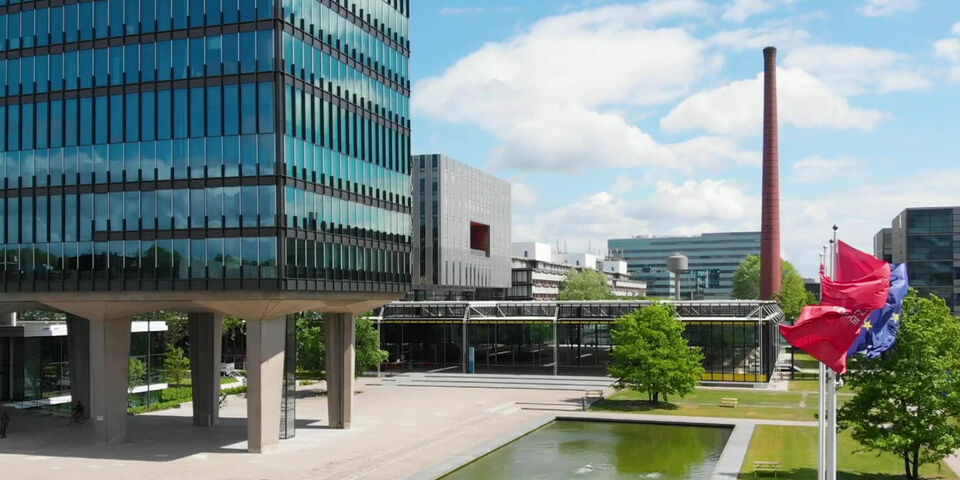The new CLA will be valid until January 1, 2021. The pay rise will become effective June 1st. Anyone working at the university on that date will also receive a one-time payment of 750 euros gross (or for the part-timers: a proportion of this).
The negotiators are mindful of the consequences of the corona crisis for temporary staff and are setting aside funds for them: 0.45 percent of ‘labor costs’. By which they mean 0.45 percent of the total salary costs incurred at the universities.
Solidarity
“This is a special agreement that expresses our solidarity with and concern for university employees on temporary contracts,” the negotiators write.
Further agreements have yet to be made regarding how the 0.45 percent will be spent. It will likely involve such measures as extending the temporary contracts held by researchers, PhD candidates and lecturers, as well as those of the auxiliary staff who lend them assistance.
Piece of cake
By June 5 at the latest, it should be known whether the employers (united in VSNU) and the trade union members (FNV, CNV Overheid, AOb and AC/FBZ) consent to the agreement.
Marjo van der Valk, spokesperson for all the trade unions at TU/e, was pleasantly surprised by the speed with which the agreement was reached. "A negotiation process like this is normally a lengthy process, but evidently the corona crisis has helped move things along and people are more inclined to compromise. I appreciate that there is a general wish to show support to those who need it at this time." Van der Valk foresees few problems getting this agreement passed by the members: "This is a piece of cake. I don't think anyone will feel it's a bad idea."
Ombudsperson
It has also been agreed that all universities will have an ombudsperson, either as a named position or as duties assigned to another role-holder. This will become a contact point for employees involved in a conflict. The universities have little over a year to introduce this role if they don't already have it.
The appointment of an ombudsperson at TU/e was already a topic of discussion among the Executive Board, the trade unions and the University Council. "If you get stuck at your university, it is important to have a higher body you can turn to for an independent view of the truth," says Van der Valk of the joint trade unions. But, she stresses, "I hope that we rarely or never need to call upon its services."


Discussion